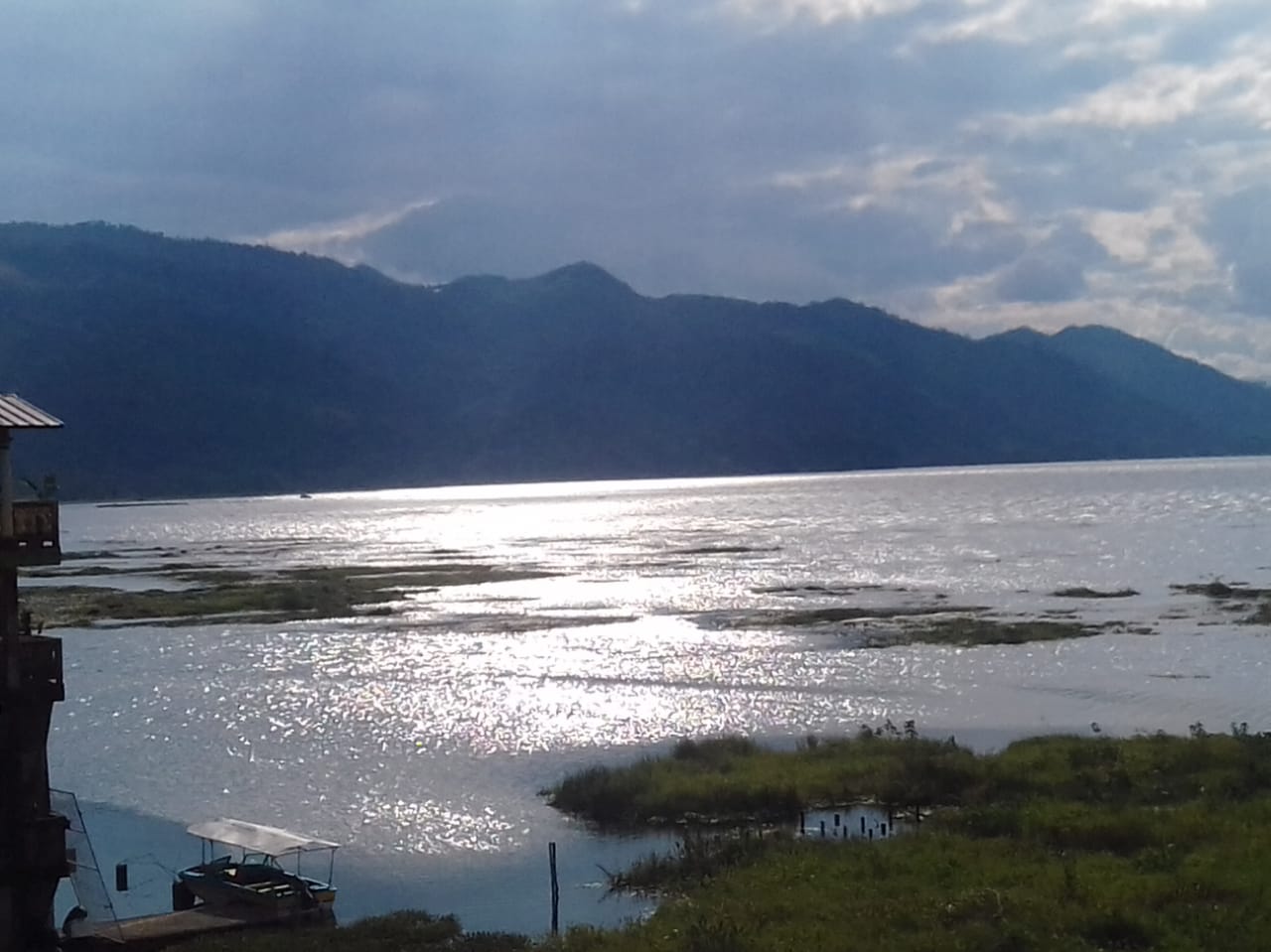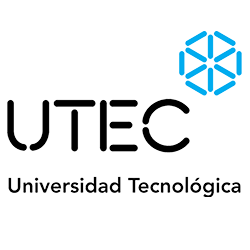Impacts of the General Water Law on water resource management (Honduras)

This investigation assesses the impact of Honduras’s 2009 General Water Law on national water-resource governance from 2009 to 2023. Anchored in the Dublin Principles integrated through Agenda 21, the statute defines water as a finite, vulnerable asset and elevates access to safe drinking water and sanitation to constitutional rank (Art. 145). The study undertook a comprehensive review of all sectoral instruments—national statutes, subsidiary regulations and the Framework Law on the Drinking Water and Sanitation Sector—and, between March and July 2024, carried out structured surveys of users, stakeholders and key actors in urban and rural communities across the country’s 18 departments.
Results show that the post-2009 framework has heightened recognition of water’s strategic value, clarified institutional mandates and promoted source-water conservation to safeguard public health. Nonetheless, respondents reported persistent administrative fragmentation, uneven enforcement and limited inter-agency coordination, which hinder integrated basin management and delay infrastructure upgrades. These shortcomings underscore the need to streamline overlapping regulations, strengthen stakeholder participation and align municipal planning with national objectives to advance cycle-based, sustainable hydro-governance.
In conclusion, the General Water Law provides a solid platform for rights-based water management, but achieving full compliance with integrated-management principles will require harmonising sectoral rules, bolstering institutional capacity and maintaining continuous stakeholder engagement. Addressing these gaps is essential if Honduras is to reach its long-term economic, social and environmental targets through resilient, sustainable water governance.

